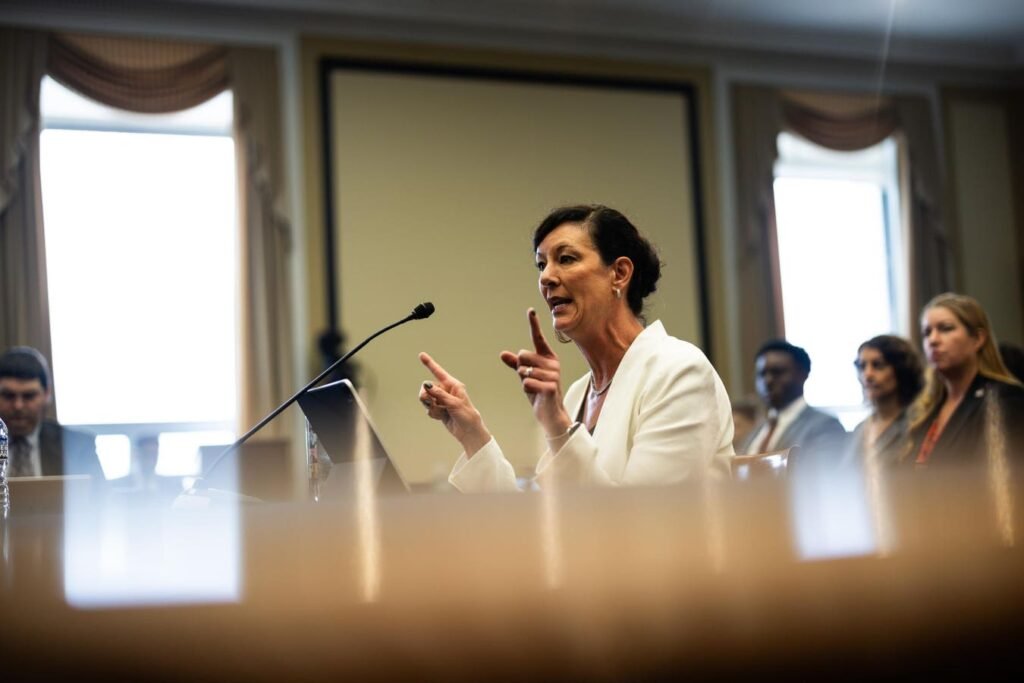In August 2022, Colette Peters took over as the Director of the Federal Bureau of Prisons (BOP) during a time of crisis. The agency was struggling with the impact of the COVID-19 pandemic and years of neglect had left prison infrastructure in need of repair. Peters had to address staffing shortages, corruption within staff, and low morale among workers. Two years into the job, she reflects on her accomplishments and outlines her plans to steer the BOP in a new direction.
Peters highlighted the challenges faced by correctional workers, including mandatory overtime shifts that impact their physical and mental health, as well as their family life. She emphasized the need to address staffing shortages and the negative impact it has on the well-being of BOP employees. Peters expressed a commitment to improving conditions for correctional workers and their families.
Despite a reduction in the federal prison population from nearly 220,000 to 160,000 since changes in sentencing and enforcement were announced in 2013, the BOP continues to face rising healthcare costs, staffing shortages, and increased costs associated with retaining existing staff. The agency has the largest budget in the Department of Justice, making it a priority for oversight and accountability.
Following frustration with the problems plaguing the BOP, Congress passed an oversight bill that President Biden signed into law. The legislation requires comprehensive, risk-based inspections of the BOP’s correctional facilities by the Department of Justice’s Inspector General. The findings and recommendations from these inspections will be reported to Congress and the public, with the BOP required to respond with a corrective action plan within 60 days.
Director Peters has emphasized a shift in focus from incarceration to reentry, with a goal of ensuring that individuals released back into communities are good neighbors. The First Step Act has provided incentives for participation in programming and productive activities, resulting in reduced sentences for thousands of prisoners. Peters acknowledges the need for increased halfway house capacity to address the backlog in residential reentry centers.
Peters has engaged in listening sessions with staff, union members, formerly incarcerated individuals, and their families to gather feedback and strengthen her leadership. She has also met with congressional leaders critical of the BOP to address concerns and advocate for necessary changes. Peters recognizes the exhaustion among BOP staff and is working to improve conditions and address staffing shortages in the agency. Plans for a nationwide First Step Act office are in place to ensure effective and efficient use of resources.

